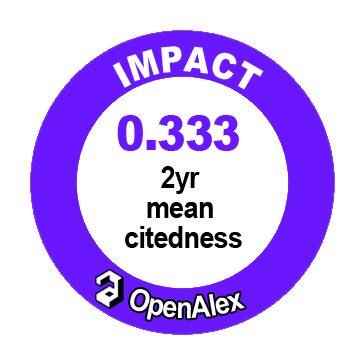Assessing the Impact of Government Spending and Human Capital Development on Nigeria’s Economic Growth
DOI:
https://doi.org/10.55220/2576-6759.599Keywords:
Dynamic ordinary least squares (DOLS), Economic growth, Government spending, Human development, Inflation.Abstract
Government spending is a vital instrument for steering economic progress, affecting various sectors, including healthcare, education, infrastructure, and welfare. This study examines the impact of government spending and human development on Nigeria's economic growth, spanning the period from 1989 to 2023. The study utilizes economic growth as the dependent variable, with government spending and human development as the independent variables. The control variables included in the analysis are inflation, trade openness, population, and infrastructure. The dynamic Ordinary Least Squares (DOLS) approach is employed for data analysis, as it offers an improvement over the basic ordinary least squares model, since the study variables do not require any transformation to achieve a normal distribution. The findings reveal that government spending has a negative and significant impact on economic growth. Although the effects of human development on economic growth are positive, they are not statistically significant. Moreover, government spending negatively and significantly impacts human development. The combined effects of government spending and human development are not significant in influencing economic growth. The study recommends that the Nigerian government increase its budget for education and health to align with global trends. Additionally, the educational curriculum should be regularly reviewed to incorporate emerging trends in international and industrial developments.





